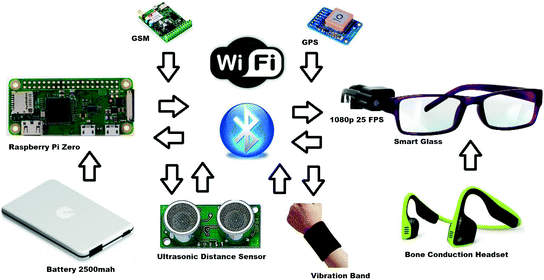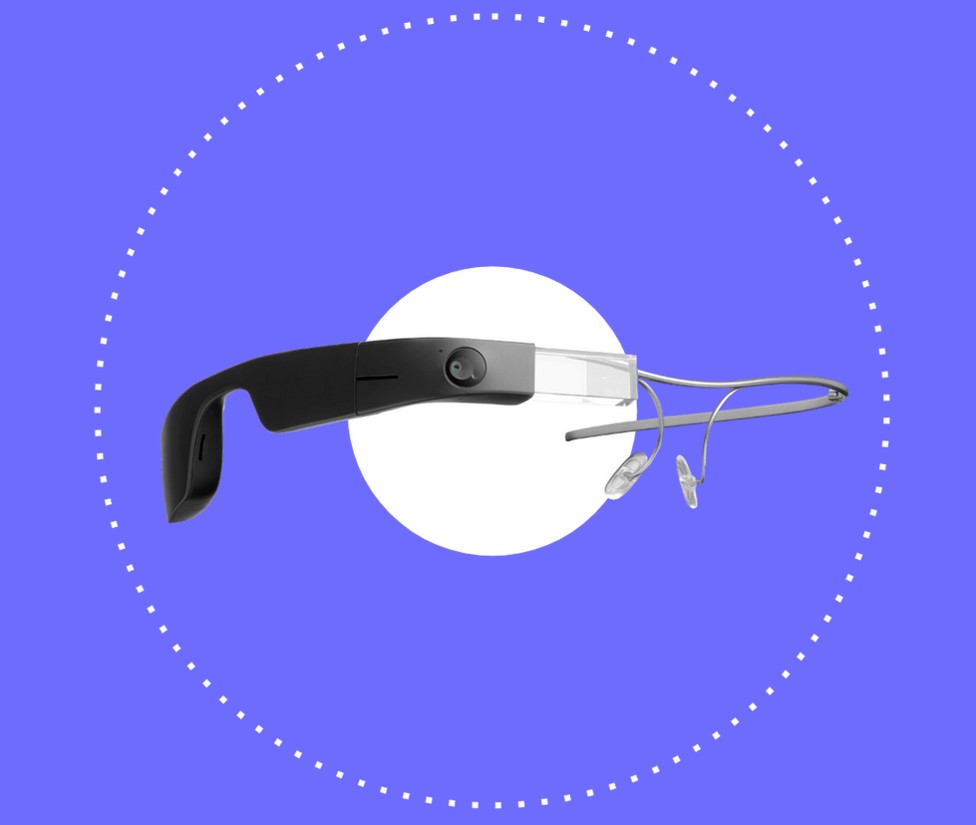Top Braille Displays and Notetakers to Enhance Accessibility for the Blind
Discover Advanced Assistive Devices for People With Visual Disabilities
The landscape of assistive modern technology for people with aesthetic disabilities is advancing rapidly, presenting an array of innovative devices that enhance autonomy and engagement. From clever glasses that seamlessly merge visual input with auditory assistance to innovative navigating applications that redefine spatial awareness, these tools are reshaping opportunities.
Smart Glasses Innovations
Smart glasses stand for a considerable development in assistive technology for people with aesthetic problems. Geared up with electronic cameras and sensing units, wise glasses can record real-time aesthetic details, which is then processed and conveyed to the user with audio comments or haptic sensations.
Moreover, improvements in synthetic knowledge have additionally boosted the capabilities of wise glasses. Artificial intelligence formulas can acknowledge faces, reviewed text, and determine things, making them indispensable devices for everyday jobs. Individuals can get auditory hints that give context regarding their setting, fostering self-reliance and confidence.
Additionally, the ergonomic layout and light-weight nature of many clever glasses make them appropriate for prolonged usage, ensuring convenience while boosting functionality. As these tools remain to evolve, they hold the potential to reinvent the means individuals with visual impairments experience their day-to-days live, connecting the void between availability and modern technology. The ongoing research study and development in this area promise to increase the opportunities for clever glasses, making them an important component of modern assistive gadgets.
Navigating Application and Devices
Various navigating applications and devices have actually arised as crucial sources for people with aesthetic problems, dramatically boosting their capacity to go across strange settings. These technologies utilize GPS functionality, audio signs, and real-time information to give individuals with exact navigation support.
One popular example is the Aira app, which connects users to experienced representatives that can offer visual descriptions of environments and navigating assistance through a live video feed. This service improves the individual's spatial recognition and confidence while navigating. One more notable tool is Seeing Eye GPS, which offers voice-guided navigating and factors of passion, allowing individuals to accessibility crucial information concerning their surroundings.

As innovation remains to advancement, the growth of a lot more advanced navigation devices assures to further equip individuals with aesthetic disabilities, helping with smooth flexibility and integration right into diverse atmospheres. Such developments contribute in advertising a more comprehensive society.
Braille Innovation Improvements
Recently, improvements in Braille innovation have actually significantly transformed exactly how individuals with visual disabilities access info and involve with the globe around them. The advancement of portable Braille display screens has actually changed reading by enabling individuals to connect wirelessly to smart devices, tablets, and computer systems. These devices transform message right into Braille in real-time, making it possible for smooth communication with electronic content.
Moreover, innovative Braille printers have actually emerged, improving the production of tactile materials. Modern embossers are faster and much more efficient, allowing for the rapid creation of Braille documents and academic products. This effectiveness reduces the moment and cost connected with generating Braille find out this here sources, making them extra accessible to companies and institutions.
In addition, the integration of Braille with other technologies, such as expert system and artificial intelligence, has opened brand-new avenues for individualized learning experiences. Voice recognition and synthesis technologies can enhance Braille, supplying an inclusive strategy to info circulation.
As the need for inclusive education and learning and work environment atmospheres expands, these technological developments play an important duty in encouraging individuals with visual impairments, ensuring they have equivalent access to details and opportunities in various aspects of life.
Wearable Instruments for Self-reliance
An expanding array of wearable devices is improving independence for individuals with aesthetic problems, using ingenious options that enhance navigation and daily living. Braille displays and notetakers. These tools use advanced technologies to give real-time comments and assistance, promoting autonomy in numerous environments

Wearable modern technology also includes smartwatches that can be configured with accessibility attributes, making it possible for individuals to obtain notifications, track their places, or perhaps ask for assistance with the touch of a button. Some tools incorporate man-made knowledge to evaluate the setting, offering sound descriptions of nearby items or individuals.
Voice-Activated Assistive Solutions
Leveraging voice-activated assistive remedies has actually changed the landscape of support for people with aesthetic problems, providing hands-free communication and access to a selection of tasks. These innovations use natural language processing and expert system to allow individuals to execute day-to-day tasks through basic voice commands.

In addition, recent improvements in voice acknowledgment precision have boosted the customer experience dramatically, accommodating diverse accents and speech patterns. This my explanation inclusivity guarantees that more people can take advantage of these technologies, fostering a greater sense of freedom.
Verdict
In verdict, the advancement of advanced assistive devices considerably boosts the self-reliance and lifestyle for individuals with aesthetic problems. Innovations such as clever glasses, navigation apps, Braille innovation, wearable gadgets, and voice-activated services collectively promote an even more comprehensive atmosphere. These innovations encourage customers to navigate their surroundings with confidence and engage more fully with the globe, inevitably advertising higher access and equivalent possibilities for individuals dealing with visual difficulties.
The landscape of assistive modern technology for people with visual impairments is developing rapidly, offering an array of ingenious gadgets that improve autonomy and involvement.Smart glasses stand for a significant innovation in assistive modern technology for people with visual problems. As these devices continue to advance, they hold the possible to transform the method individuals with aesthetic problems experience their everyday lives, connecting the void between access and technology.In recent years, developments in Braille modern technology have dramatically transformed just how people with visual impairments gain access to details and engage with the globe around them. These innovations encourage users to navigate their surroundings with self-confidence and engage even more fully with the globe, eventually advertising greater accessibility and equivalent chances for people facing visual challenges.